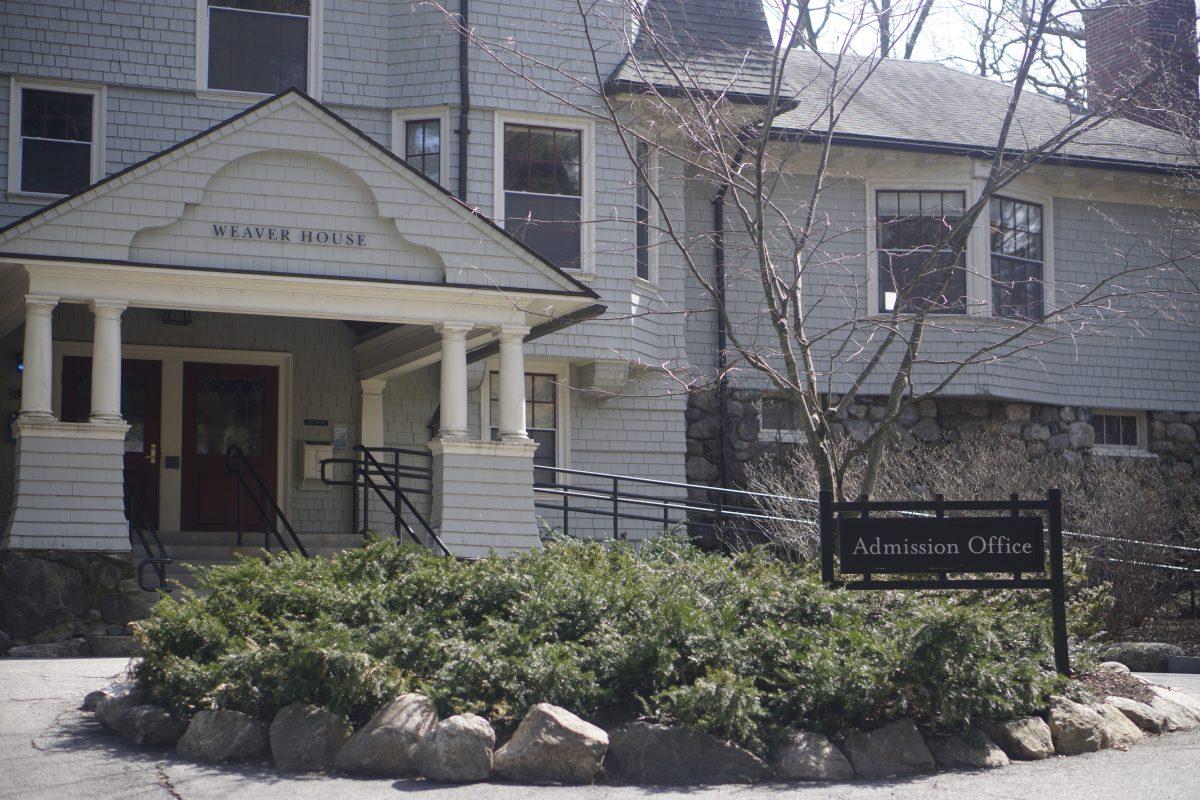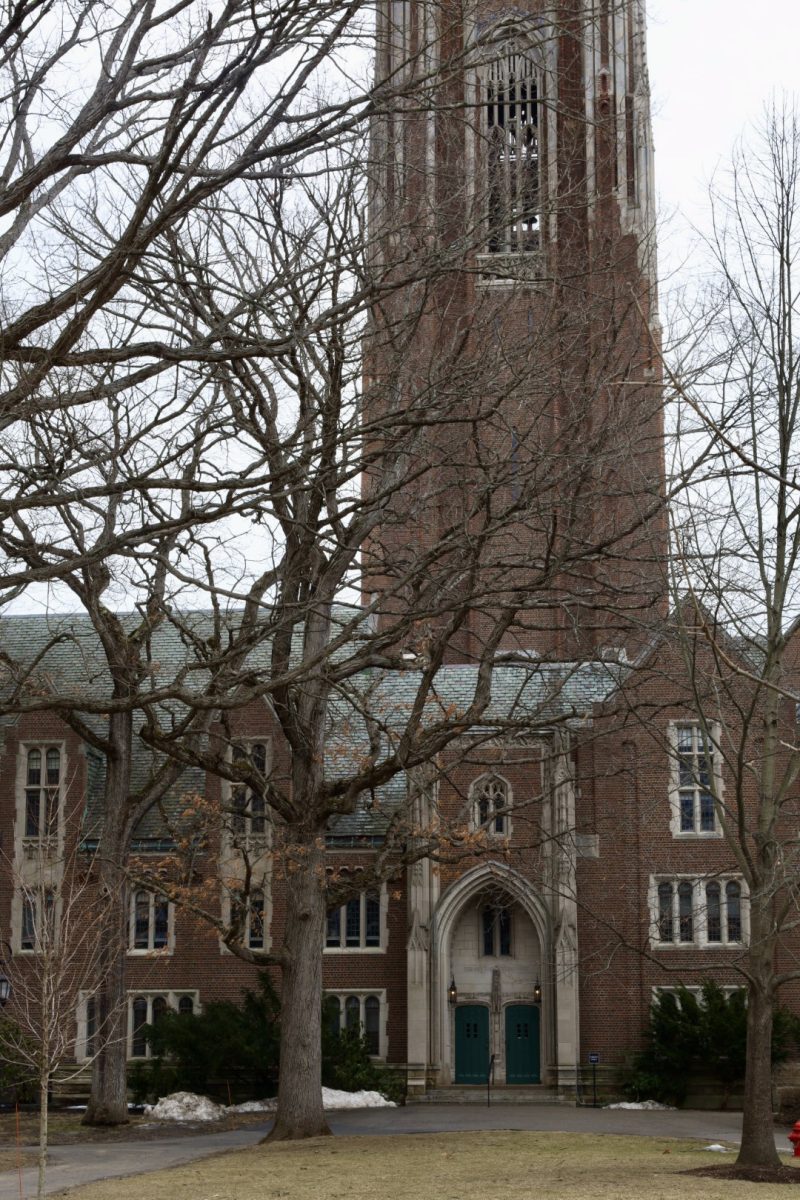Wellesley College is currently being investigated by the Department of Justice (DOJ) for possible violations of Early Decision admissions practices. Approximately two weeks ago, the College received a letter from the DOJ’s antitrust division indicating that the DOJ sought to determine whether the College’s current Early Decision practices are permissible under antitrust laws, according to Elizabeth Gildersleeve, chief communications officer. A number of other elite New England institutions—Amherst College, Middlebury College, Williams College and Tufts University—are included in the probe. Grinnell College, Pomona College and Wesleyan University were also sent notices of investigation. Inside Higher Ed was the first publication to report on this investigation.
According to higher education experts, the focus of the investigation appears to be the manner by which some colleges share information about early-admitted students to ensure that the students attend the institutions that admit them. According to Inside Higher Ed, all of the colleges were asked by the DOJ, among other requests, to maintain “agreements, both formal and informal, to exchange or otherwise disclose the identities of accepted students with persons at other colleges of universities.”
According to trends in admissions statistics, Early Decision applications have grown increasingly popular due to advantages it gives students, such as a higher likelihood of admission from the Early Decision pool. Many Early Decision arguments are financially binding, making them inaccessible to students who feel that they need to compare their financial aid options before making their choice. Colleges draw more and more from their Early Decision applicant pool to fill incoming class sizes, especially elite institutions such as Northwestern University and the University of Pennsylvania. Both of these universities, whose overall admission rate for the class of 2021 stands at nine percent, had early admission rates over 20 percent. 26 percent of Early Decision applicants at Northwestern University were admitted; likewise, the University of Pennsylvania admitted 22 percent of its early admissions pool. At Wellesley, 45 percent of those who applied Early Decision in 2016 were admitted, while only 27 percent of those who applied regular decision were.
Wellesley applicants can choose to apply for either Early Decision or Regular Decision. The former is a binding application for candidates who decide that Wellesley is their first choice. Candidates are notified of their acceptance in December. According to Joy St. John, dean of admission and financial aid, Early Decision applicants “sign an agreement that says if they are admitted and are financially able to attend, they will commit to enrolling at Wellesley and withdraw their applications from other colleges and universities.”
The rules surrounding Early Decision are highly regimented. Students can only apply to one school for Early Decision, unlike Early Action or Early Evaluation applications. Likewise, students can only withdraw from Early Decision offers for financial reasons, such as receiving a financial aid package from the college that would make attending economically infeasible.
In 1991, after a similar DOJ investigation into sharing financial information on admitted applicants between institutions, Ivy League colleges and universities agreed to stop sharing information on financial aid and avoid collaborating on tuition increases. These practices, which were originally touted by universities as a means of promoting fairness, were deemed to be in violation of federal antitrust laws.
As for Wellesley, it is unclear where this investigation will lead. Little is known yet of where the investigation will lead. Analysis and speculation from higher education experts and college and university officials have informed much of the discussion surrounding the investigation. Gildersleeve said that the College’s plan is to fully cooperate with the DOJ. She noted that Wellesley has only thus far been notified of the inquiry and is “not in a position to say whether the inquiry will result in any changes to Wellesley’s Early Decision policies or practices.”
“As the Wellesley community knows, the College takes its compliance with the antitrust and any other laws very seriously. We believe that our Early Decision policies and practices comply with antitrust laws and hope that this will be confirmed by the DOJ’s inquiry,” Gildersleeve stated.






